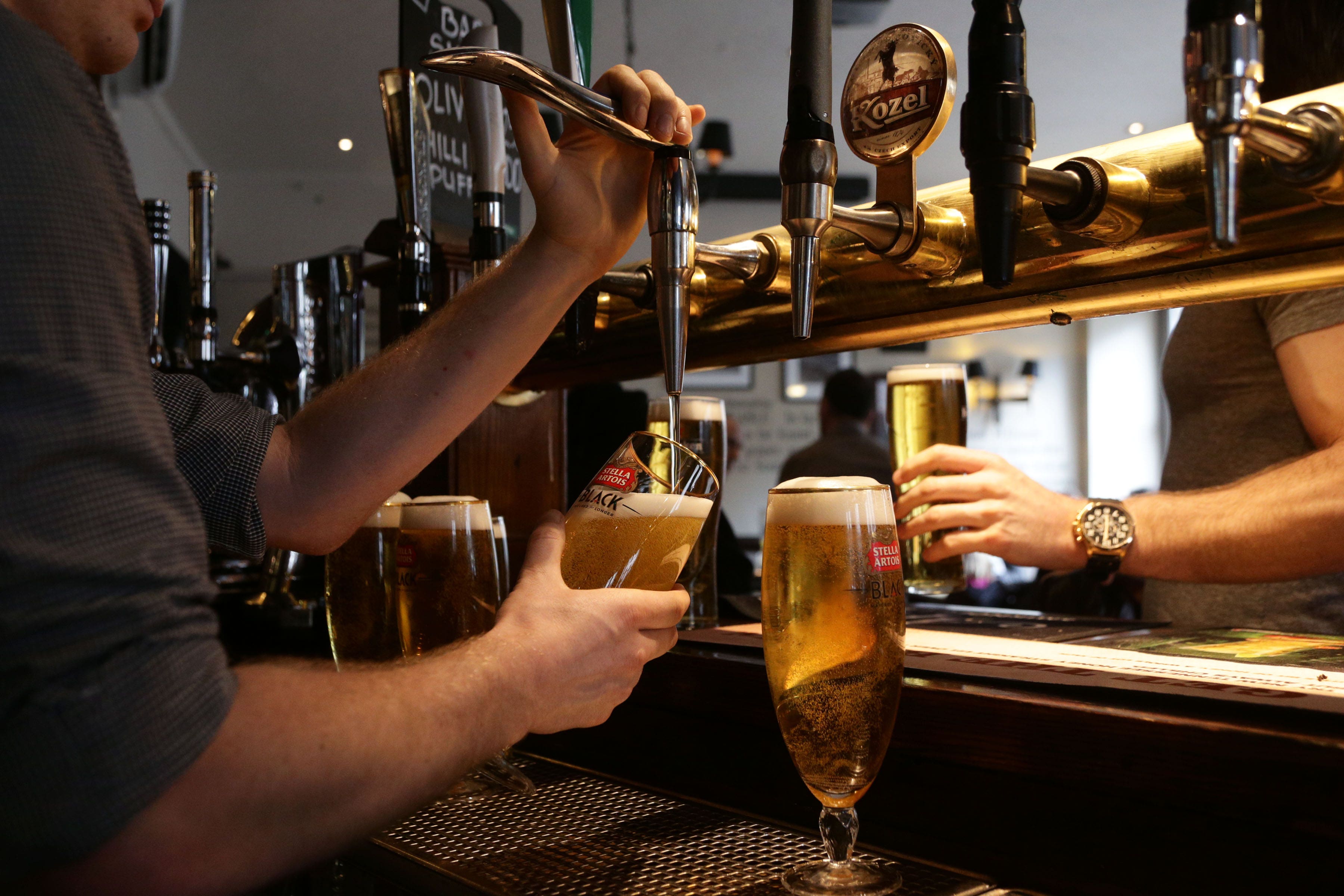UK services sector shrinks for first time since January as demand wanes
The S&P Global/CIPS UK services PMI survey showed a reading of 49.5 in August, down from 51.5 in July.

Your support helps us to tell the story
From reproductive rights to climate change to Big Tech, The Independent is on the ground when the story is developing. Whether it's investigating the financials of Elon Musk's pro-Trump PAC or producing our latest documentary, 'The A Word', which shines a light on the American women fighting for reproductive rights, we know how important it is to parse out the facts from the messaging.
At such a critical moment in US history, we need reporters on the ground. Your donation allows us to keep sending journalists to speak to both sides of the story.
The Independent is trusted by Americans across the entire political spectrum. And unlike many other quality news outlets, we choose not to lock Americans out of our reporting and analysis with paywalls. We believe quality journalism should be available to everyone, paid for by those who can afford it.
Your support makes all the difference.The UK services sector contracted last month for the first time since January as the downturn facing businesses deepened, according to an influential survey.
The S&P Global/CIPS UK services PMI survey showed a reading of 49.5 in August, down from 51.5 in July.
It was the first time the index has shown a negative reading since the start of the year, with any score below 50 indicating that activity across the industry has shrunk.
British businesses are coming up against feeble demand from customers who are being squeezed by rising interest rates, lower disposable incomes, and worries about the outlook for the economy, the survey found.
Firms in the services sector – which includes everything from restaurants and hotels, education and healthcare, to transport and the arts – saw a slight decline in levels of new work since January.
It marked a return to falling sales volumes in August as people and businesses were more cautious to spend.
August painted a concerning picture of the services sector as the cooling economic effects of higher interest rates started to impact on spending and confidence
Dr John Glen, chief economist at the Chartered Institute of Procurement & Supply (CIPS), said: “August painted a concerning picture of the services sector as the cooling economic effects of higher interest rates started to impact on spending and confidence, reducing the number of new orders at the fastest rate since last December.
“This, combined with punishing costs of living and doing business, mainly due to higher energy bills, fuel prices and salary inflation, meant supply chain managers voiced their disquiet at the direction of travel for the service sector which fell into contraction this month.”
Higher wages are still pushing up businesses expenses, but overall cost inflation appears to be cooling, hitting the joint-lowest rate for more than two years.
Firms across the sector also put the brakes on hiring staff last month as business conditions stayed subdued, according to the closely-watched report.
Some businesses reported having excess capacity in the wake of decreasing customer demand.